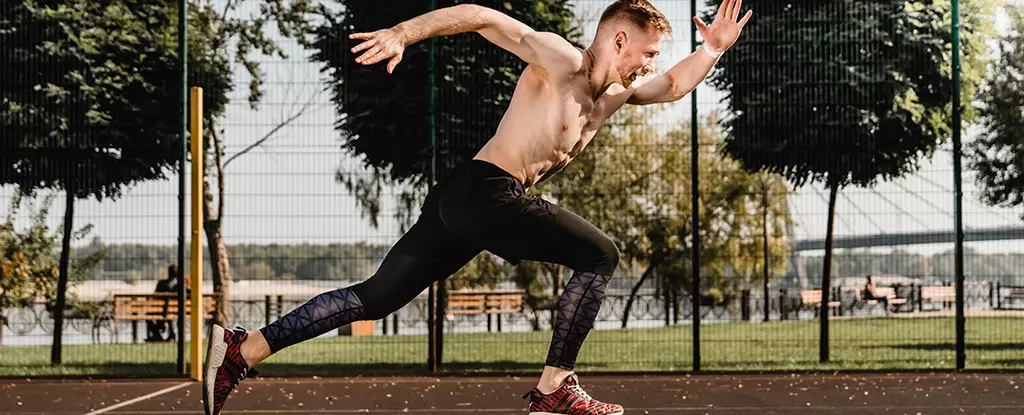For many fitness enthusiasts and athletes, intense exercise is often seen as the pinnacle of physical health. However, recent findings suggest a more complex relationship may exist between vigorous physical activity and immune function. A 2023 study analyzing the post-exercise biochemical responses of firefighters raises significant concerns that excessive training may impair the immune system’s ability to fend off infections. This discovery urges a reevaluation of long-held beliefs surrounding the benefits of extreme exercise, particularly for those in physically demanding professions.
Conducted by scientists at the Pacific Northwest National Laboratory (PNNL), the study examined over 4,700 fluid molecules extracted from firefighters before and after a rigorous 45-minute exercise session involving strenuous physical tasks. The participants were required to haul heavy equipment across challenging terrain, simulating conditions they might encounter during fire response scenarios. The goal, as outlined by bioanalytical chemist Kristin Burnum-Johnson, was to explore any initial signs of physiological stress and immune suppression linked to extreme exertion.
The implications of this study extend beyond mere curiosity about immune health; they are particularly crucial for individuals whose professions demand peak physical performance. One of the standout findings is the decrease in inflammatory molecules post-exercise, which may suggest a compromised immune response. This phenomenon raises pertinent questions about how such changes could predispose individuals to infections, especially respiratory illnesses that frequently afflict athletes and emergency responders alike.
The juxtaposition between moderate and intense exercise outcomes on immune health has been a topic of ongoing debate. While moderate activity has consistently been associated with enhanced immune function, extreme workout regimens appear to have the opposite effect immediately after exertion. Some previously conducted studies indicated a higher incidence of self-reported upper respiratory infections among athletes engaged in high-intensity training sessions compared to less active control groups. This correlation underlines the complexity of understanding how exercise impacts the immune system.
Moreover, the unique context of firefighters—who regularly contend with hazardous environments—amplifies the need for further exploration. As the study participants navigated intense physical activity, their bodies exhibited an increase in opiorphin, a factor believed to enhance blood flow and optimize oxygen delivery to muscles. Yet, this adaptive response coexisted with a noteworthy decrease in inflammatory markers, hinting at a fluctuating balance within the immune system rather than a straightforward enhancement of its capabilities.
One particularly intriguing aspect of the research was the observed alterations in the firefighters’ oral microbiomes following exercise. The increase in antimicrobial peptides detected in their saliva prompted scientists to propose that the body might mount a compensatory response to the perceived immune suppression. This suggests another layer of complexity, as the findings indicate that even when antimicrobial activity increases, it may not be sufficient to avert infections.
However, the researchers also emphasized that while the rise in peptides suggests a proactive measure, it did not demonstrate effective inhibition against pathogens such as E. coli, signaling potential limitations in the protective capacity of the oral microbiome. The conflicting interpretations of the biological changes—a heightened state of immune surveillance versus evidence of immune suppression—impede definitive conclusions from being drawn.
Despite the findings, the research concerns a limited and specific group: healthy and physically active men. This limitation highlights the need for diverse studies to fully comprehend how different communities, including varying genders and age groups, respond to extreme exercise. The potential for unique environmental exposures experienced by firefighters adds another layer of depth to the investigation of immune responses.
In light of the insights gained from this study, a compelling case emerges for athletes, emergency workers, and others engaged in intense physical training to balance their rigorous regimes with adequate recovery and immune care. While exercise universally contributes to health, these findings emphasize the necessity of moderation and awareness, challenging the prevailing narrative that more exercise is siempre better.
The relationship between extreme exercise and immune function is far from straightforward. Researchers continue to unravel the intricacies surrounding physical exertion, encouraging athletes and professionals to consider the potential costs of pushing their bodies to the limit.


Leave a Reply